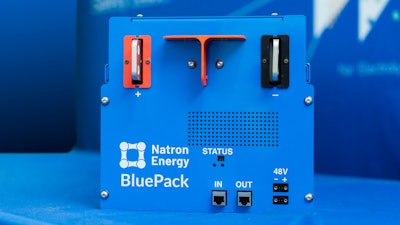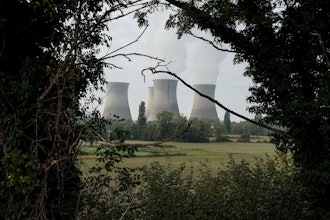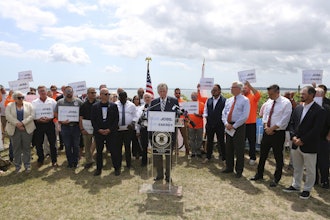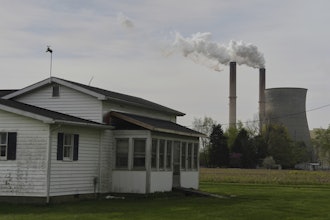
Natron Energy today announced the commencement of commercial-scale operations at its sodium-ion battery manufacturing facility in Holland, Michigan. Natron’s milestone marks the first-ever commercial-scale production of sodium-ion batteries in the U.S. These batteries offer higher power density, higher cycles, a domestic U.S. supply chain, and unique safety characteristics over other battery technologies, and are the only UL-listed sodium-ion batteries on the market today.
Natron has invested more than $40 million to upgrade the $300 million facility and convert existing lithium-ion battery manufacturing lines to sodium-ion battery production. Contributing to this investment, ARPA-E provided $19.8 million through the Seeding Critical Advances for Leading Energy technologies with Untapped Potential (SCALEUP) program.
The Holland facility will accelerate Natron’s technology commercialization while supporting over 100 local jobs by the end of 2025 and strengthening the region’s rapidly growing clean energy manufacturing sector.At full capacity, the Holland facility is projected to produce 600 megawatts of sodium-ion batteries annually and will serve as a blueprint for future Natron giga-scale facilities. Natron will begin battery shipments in June with an initial focus on data center customers to address the energy storage needs and 24/7 power required to support the explosive growth of Artificial Intelligence. Beyond data centers, Natron aims to transform the way businesses use industrial power across a wide range of end markets, including industrial mobility, EV fast charging, and telecom, among others.
Natron’s patented Prussian blue electrodes store and transfer sodium-ions faster, more often, and with lower internal resistance than any other commercial battery on the market today. The Company’s battery chemistry presents zero strain during charging and discharge, 10x faster cycling than traditional lithium-ion batteries, and an over 50,000 cycle-life.
Natron’s supply chain requires zero lithium, cobalt, nickel, or other difficult-to-obtain minerals. Made from commodity materials including aluminum, iron, manganese, and sodium electrolyte, Natron’s cells, modules, and battery represent an environmentally and socially responsible alternative to lead-acid and lithium-ion batteries.
The Advanced Research Projects Agency-Energy (ARPA-E) provided the first source of funding to Natron in 2012, followed by additional funding in 2020, and the Company has received investments from strategic customers, including Chevron and Nabors Industries.






















